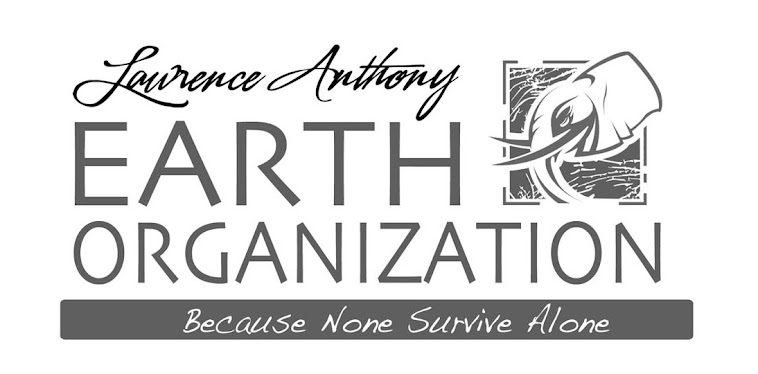"The Elder Rhinos Need You"
Published in the Namib Times
By Marcia Fargnoli
The sun is setting and you are sitting by a water hole. In the distance you see a puff of air, warm
and made visible against the cool night breeze.
As you watch, slowly she walks toward you. She stops and gazes out at the scenery, as if
she sees something beyond. She walks to
the water hole pauses and catches your eye. The majesty of meeting a rhino in
the wild is an unforgettable moment.
Rhinos are one of the great elders of the animal kingdom. Ancient bushman rock paintings in Southern Africa depict rhinos, which
have always played an important role in the circle of life. They are
prehistoric creatures and according to science they have been around for 50 million
years. Yet 95% of the world rhino population has been decimated
by humans in a short time period. At the beginning of the 19th
century, there were one million rhinos in the wild. By 1970, there were around 70,000. Today there are less than 24,500.
Some 100
rhino have been killed this past month in South Africa and more recently 5 dead
rhinos have been discovered per day just across our borders there. In June in Namibia a rhino was
discovered dead with its horns brutally removed, 6 months after a poached rhino
was discovered on Christmas day.
Is this how
we treat the elders of our planet? Human
beings should be ashamed of themselves.
Even though
rhinos are well built for survival, they were not prepared to face an organized
gang of humans with an insatiable taste for greed. The driving force behind the horrific killings
of this great animal elder is the very thing which was meant to protect
them. Their horn has been sought after
for rumoured and unproven medicinal benefits in Asia. Historically, using rhino horn is a sign of
prestige in several Asian cultures.
Due to the demand for their horn, Namibia lost most of
its rhino population in the 1970s and 1980s.
Now Namibia hosts one third of the total black rhino population on the planet. How quickly can that amount of rhinos be
lost? Current statistics show that it
has only taken 2 years for 1,700 rhinos to be decimated in South Africa.
It can happen very quickly. Black rhinos are one of the rhino
species most under threat and they are classified as critically endangered,
meaning that they are at an extremely high risk of going extinct in the wild.
In Namibia there are increasing threats as bordering
countries clamp down on security and Asian mining companies encroach onto rhino
territories. Yet the Ministry of
Environment and Tourism and Save the Rhino Trust are prepared for the
worst. Recently a letter was featured on
Business Day that said “Rhino poaching can be stopped dead in its tracks, and
Namibia can show South Africa, Africa and the world how to do this.” So come on Namibia, let’s do this.
We need your help. Please report any suspicious activity
regarding rhino or other wildlife by sending a toll free sms to 55555.

.JPG)
No comments:
Post a Comment